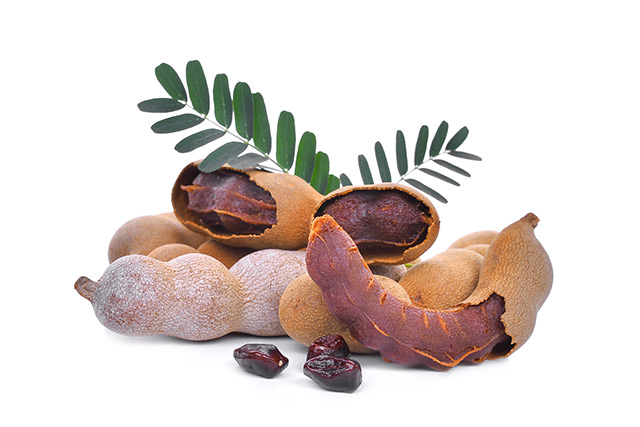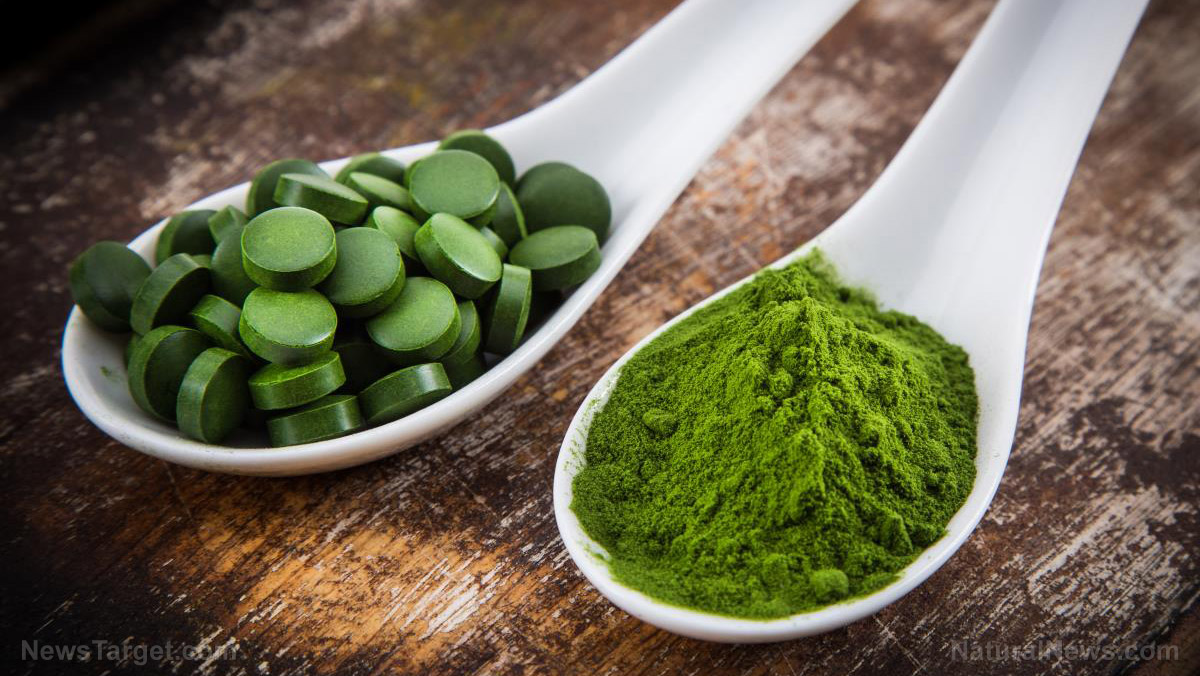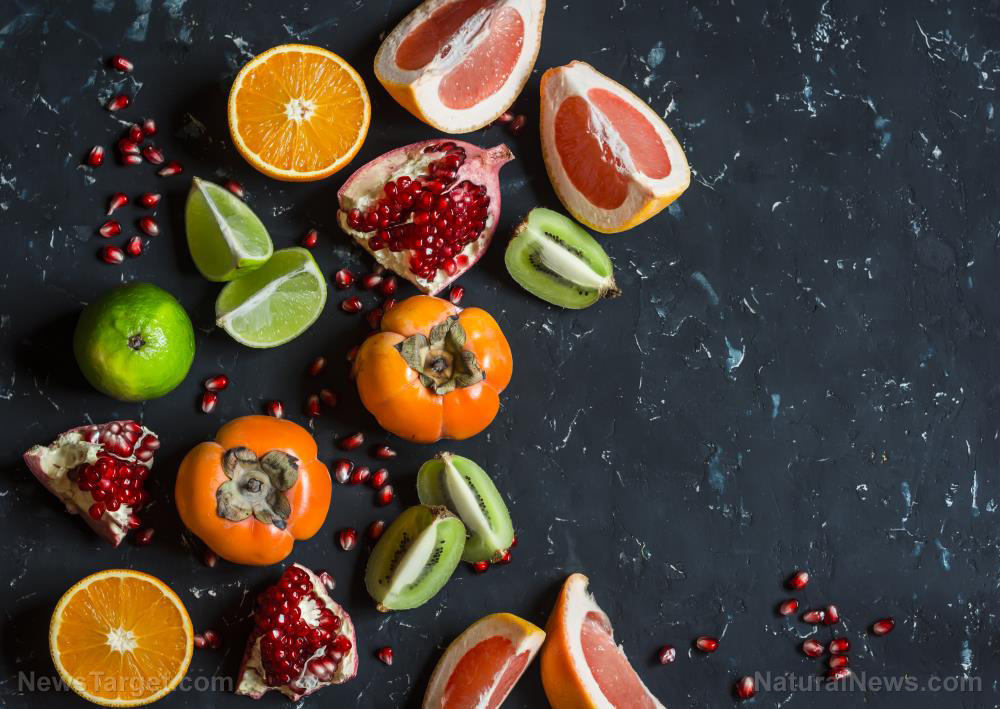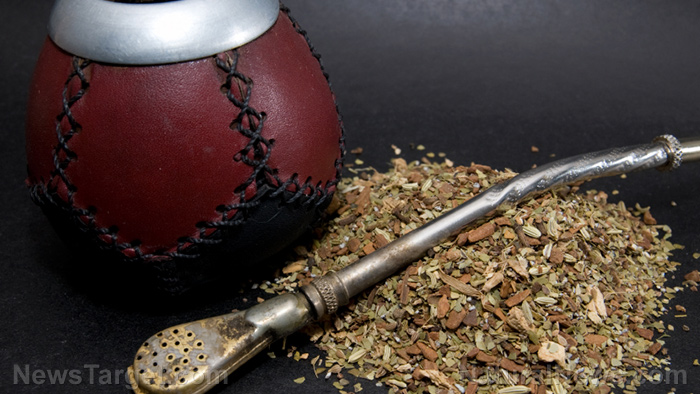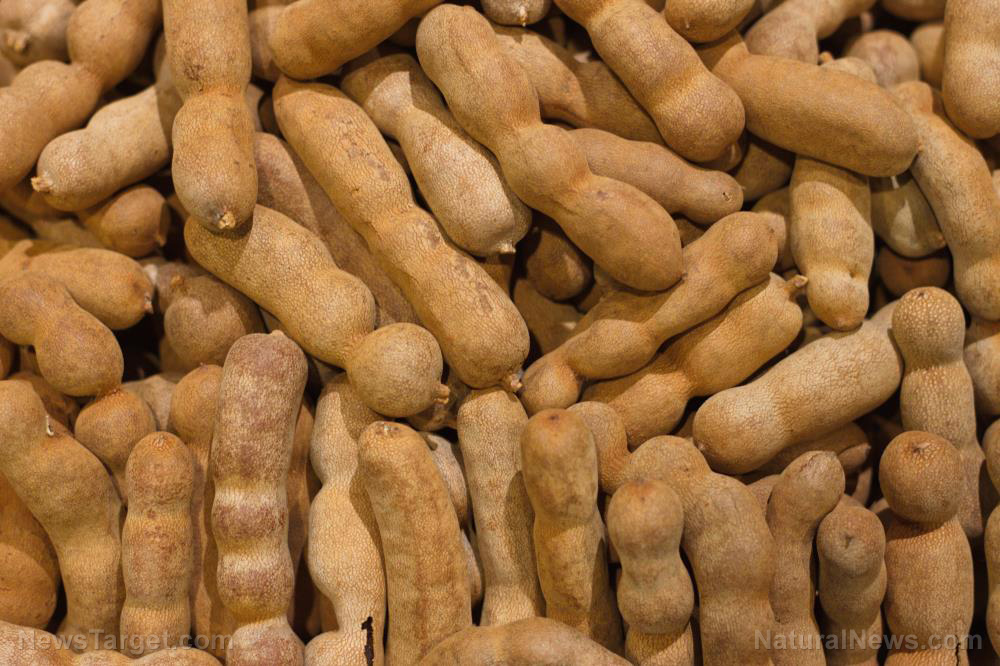A natural treatment for colitis: Red ginseng powder fermented with probiotics
10/19/2018 / By Edsel Cook

The anti-inflammatory properties of red ginseng (Panax ginseng) have been documented in many studies. So have the beneficial activities of fermented foods loaded with probiotic bacteria that improve gut health. Korean researchers reported that fermenting red ginseng and adding probiotics to it made it a very effective means of remedying the inflammation caused by colitis.
Colitis is a disease where the inner lining of the colon becomes irritated and swells. Causes include allergic reactions, autoimmune reactions associated with inflammatory bowel diseases, and bacterial infections.
Red ginseng is a medicinal herb used in traditional Korean and Chinese ethnomedicine. It is used to treat many ailments that stem from uncontrolled inflammation.
The root of the ginseng contains large amounts of saponin. When it reaches the intestine, saponin is processed by gut bacteria into useful metabolites that support various healthy functions of the body.
Each person hosts different amounts of various microorganisms. The effect of saponin-rich red ginseng depends on the microflora residing in the gut of the person taking it.
Probiotic bacteria play an important role in healthy body functions. Their populations can be managed or replenished by consuming foods that contain both fresh probiotic bacteria and prebiotic matter that serve as nourishment for them. (Related: Chinese ginseng can be used to treat acute pancreatitis.)
Adding probiotic bacteria to red ginseng supplements
Researchers from the Chonbuk National University (CNU) sought to homogenize the irregular results of red ginseng supplementation. They decided to ferment the medicinal herb, turning it into medium that could be infused with probiotic bacteria.
They believe that improving the population of gut bacteria population would result in more efficient conversion of saponin. This would, in turn, lead to greater pharmacological effects on the body.
For their experiment, the Korean researchers obtained red ginseng powder from a certified source. They subjected some of the powder to the fermentation process, adding probiotic bacteria to the mixture.
Next, they constructed a mice model where colitis was induced into the animals by injecting them with dextran sulfate sodium. The mice were divided into different groups: A control group to establish a baseline of comparison, and three treatment groups that received either red ginseng only, probiotic supplementation only, or the probiotic-fermented red ginseng.
At the end of the trial period, the animals were sacrificed. Samples of colorectal tissue were acquired for analysis regarding the damage to the intestine and the presence of both inflammatory cytokines and inflammatory biomarkers.
Probiotic-fermented red ginseng powder can protect the colon from colitis
The CNU researchers found that colitis caused significant damage to the intestines of the untreated mice. However, mice that were treated with either red ginseng, probiotics, or probiotic-fermented red ginseng showed reduced intestinal injury. The combination treatment showed much greater protective activity compared to individual treatments using only red ginseng or probiotics.
Injecting mice with dextran sulfate sodium induced the onset of colitis. The disease was signaled by increasing concentrations of serum interleukin-6 and tumor necrosis factor alpha. These inflammatory biomarkers were much lower in animals that were treated with probiotic-fermented red ginseng.
Furthermore, colorectal tissues taken from animals with colitis displayed high levels of inflammatory cytokines, molecules that are responsible for inflammation. The samples also showed significant concentrations of mRNAs that were involved in the expression of these inflammatory substances.
The probiotic-fermented red ginseng was able to bring down the amount of cytokines and mRNAs for inflammatory factors. This and the other results led researchers to believe that the combination treatment is a potential means of ensuring the uniform effectiveness of red ginseng supplements.
If you want to learn more about the many medicinal uses of red ginseng, visit ChineseMedicine.news.
Sources include:
Tagged Under: alternative medicines, colitis, fermented foods, gut bacteria, herbal medicine, natural cures, natural medicine, Panax ginseng, probiotics, red ginseng, Traditional Korean Medicine






